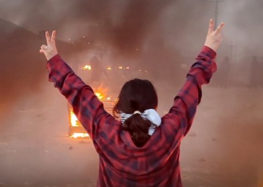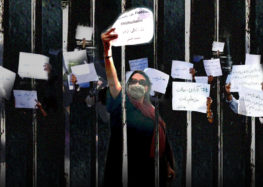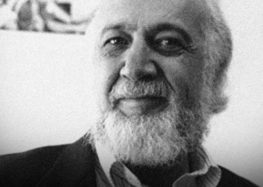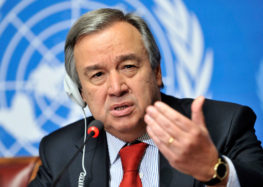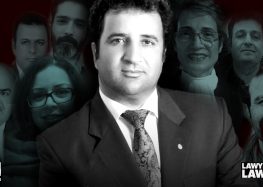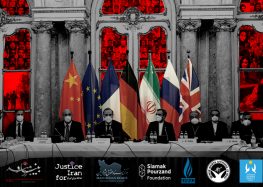Activists Urge UN Rep to Meet Them During Trip to Iran
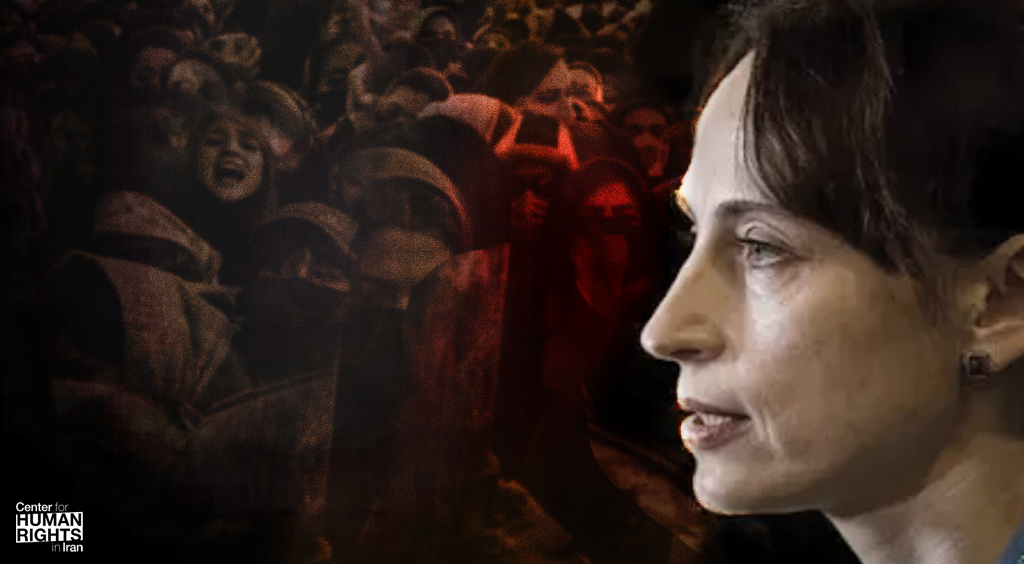 Government’s Refusal to Allow UN Human Rights Experts into Country Condemned
Government’s Refusal to Allow UN Human Rights Experts into Country Condemned
May 12, 2022 — A group of prominent civil rights activists in Iran has called on UN representative Alena Douhan, who will be visiting Iran shortly to assess the negative impact of sanctions on the country, to meet with them during her state-sanctioned trip this week.
In the published open letter, the activists decried the refusal of the Islamic Republic to allow the special rapporteur on human rights entry into the country, echoing widespread criticism of the highly selective access the government of Iran has offered UN experts, and noted “the Islamic state’s history in providing inaccurate and untransparent information.”
“…. [T]he Islamic Republic and its representatives whom you will have talks with do not represent the majority of the Iranian people because they have not gained their current state positions in a democratic process,” said the letter signed by five prominent activists, which has been translated into English by the Center for Human Rights in Iran (CHRI).
“Because of the state’s undemocratic structure, systematic corruption and incompetence, the Islamic Republic and its institutions are more responsible for the economic pressures on the people and blatant human rights abuses than the ‘unilateral coercive sanctions,’” said the activists who published the letter on May 11, 2022.
CHRI echoes this criticism of the Iranian authorities’ cherry picking approach to allowing access to the country to UN experts, urges Ms. Douhan to meet with these activists, and calls on the government of Iran to allow entry into the country of the special rapporteur for human rights in Iran.
Douhan, the UN special rapporteur on the negative impact of unilateral coercive measures on the enjoyment of human rights, is scheduled to be in Iran May 7-18.
Four of the activists who signed the letter are former political prisoners: Giti Pourfazel (retired lawyer), Ahmadreza Haeri (human rights activist), Keyvan Samimi (veteran journalist), and Jafar Azimzadeh (prominent labor activist). The fifth signee, film director Sadra Abdollahi, is the husband of political prisoner Aliyeh Motallebzadeh.
The Iranian government has banned UN officials from visiting the country since 2009, when massive street protests over the widely disputed results of the presidential election that year were violently repressed by state security forces.
At the time of this writing, parts of Iran were blocked from accessing the internet amid street protests including in Khuzestan Province, where demonstrations have been violently repressed by state security forces and demonstrators have been killed over the years, including in 2021 and 2019.
Following is the full letter, translated from Farsi into English by CHRI.
Ms. Alena Douhan
UN Special Rapporteur
With respect,
We have learned about your trip to our country on behalf of the UN Human Rights Council to investigate “possible violations of human rights caused by unilateral coercive sanctions.” Therefore, because the Islamic Republic has not permitted the Special Rapporteur on Human Rights to travel to Iran and yet has given you permission, it is necessary to briefly point out some issues.
It is clear that it was possible to learn about the positions of the officials of the Islamic Republic without making this trip, through Iranian diplomatic representatives at UN offices. Now that you have made the trip to Iran to prepare a comprehensive report, you need to also meet with civil, economic and political activists, who are independent of the Islamic Republic and unallied with governments opposed to Iran, and seek their views.
Given the Islamic state’s history in providing inaccurate and untransparent information, if these meetings do not take place, the public will get the impression that you do not want, or are not allowed, to hear the views of the Islamic Republic’s critics. As a result, the possibility will strengthen that an agreement has been reached in advance on the basis of untransparent dealings, which has a history in the government’s external relations, and the UN’s reputation will be tarnished.
It would also be good to know this important point that in our country there are dozens of so-called NGOs engaged in civil, trade union and political activities, which actually have been formed by the government and only reflect the Islamic Republic’s policies. Therefore, talking to the representatives of such NGOs will not raise your awareness on the realities facing the Iranian people and society.
Your excellency, Ms. Douhan,
Another important issue you should be aware of is that the Islamic Republic and its representatives whom you will have talks with do not represent the majority of the Iranian people because they have not gained their current state positions in a democratic process. Because of the state’s undemocratic structure, systematic corruption and incompetence, the Islamic Republic and its institutions are more responsible for the economic pressures on the people and blatant human rights abuses than the “unilateral coercive sanctions.”
In conclusion, we warn you that if you follow pre-arranged schedules in this trip and hold meetings only with the authorities of the Islamic Republic and limit your visits to state-sponsored civil society institutions, it will harm your excellency’s legitimacy and that of the UN, while leaving a scar on the historic memory of the Iranian people and civil rights activists.
Giti Pourfazel (Former human rights lawyer)
Ahmadreza Haeri (Human rights activist, husband of a political prisoner)
Keyvan Samimi (Journalist, President, Society for the Defense of Press Freedom)
Sadra Abdollahi (Film director, producer)
Jafar Azimzadeh (Chairman of the Board, Free Workers Union of Iran)

